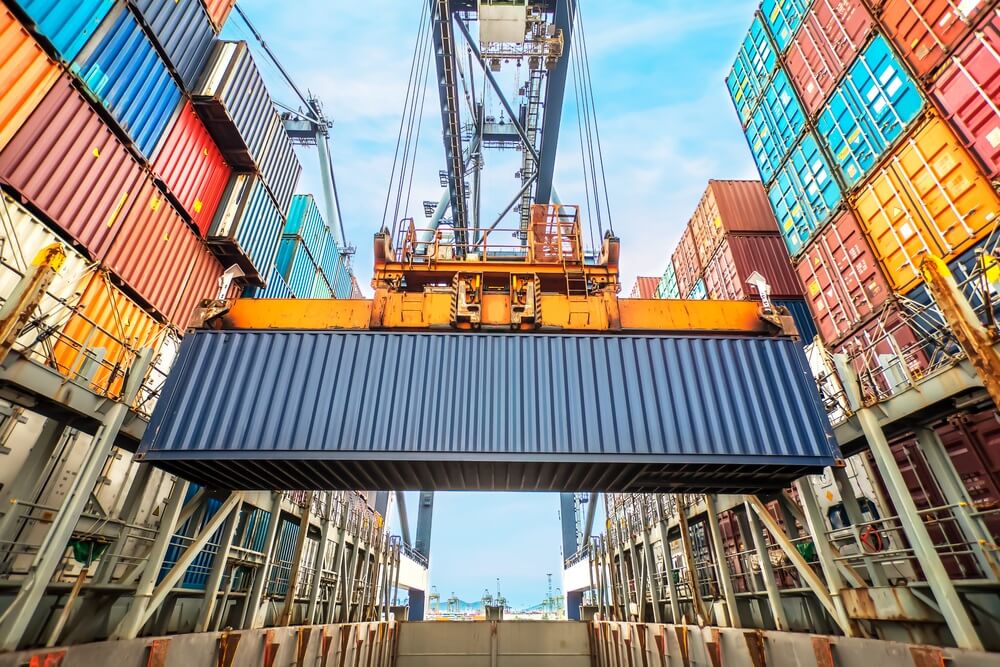The Lloyd’s Register Foundation, a U.K. nonprofit organisation, has announced that it is teaming up with Blockchain Labs for Open Collaboration (BLOC) to create a new initiative that aims to use the distributed ledger to ensure maritime safety.
The initiative, Maritime Blockchain Labs (MBL), aims to explore the distributed ledger ‘for the assurance and safety of critical infrastructure and drive new business models for the global maritime industry,’ according to a press release.
Deanna MacDonald, CEO of BLOC, said that:
Our objectives are twofold: to get real-world applications on the ground as soon as possible, and to share knowledge and methodologies among users. Blockchain is fundamentally a collaborative technology and will only truly transform the industry if we are all working from the same, or interlinked, systems, rather than competing.
Over the next 18 months, MBL will pursue three demonstrator projects focussed on aspects of risk and safety where distributed systems can enable breakthrough solutions. It is also hoping to create an ecosystem within the maritime industry to develop innovation and collaboration between blockchain industry players and practitioners. The aim is to share knowledge and best practices, define problems, and deliver solutions.
Gary Pogson, the author of Lloyd’s Register Foundation and the Alan Turing Institute’s Insight Report on Distributed Ledger technologies, said:
Maritime Blockchain Labs and its projects will drive intelligent, informed blockchain adoption in the maritime sector through demonstrator projects that will deliver first-hand, real-world insight into how these technologies can be applied, and how the industry can realise maximum benefit from their capabilities.
He added that the three projects ‘will build, apply, and model the use of distributed systems to create impacts that enhance safety of life and property at sea and serve as case examples to be shared with the community.’ He went on to say that:
By fostering a collaborative approach we can derisk the space, demonstrate capacity and build the technical as well as educational foundations necessary for collectively developing and applying this emerging technology.
The use of the distributed ledger within the shipping industry is well known.
In February, it was reported that Agility, a global logistics provider, was teaming up with Maersk and IBM to provide secure and efficient methods at tracking container shipments via the blockchain technology.
Earlier this month, shipping company Pacific International Lines (Pte) Ltd, port operator PSA International, and IBM Singapore revealed that they had successfully completed a trial using the blockchain to track and trace cargo supply chain.
Featured image from Shutterstock.
